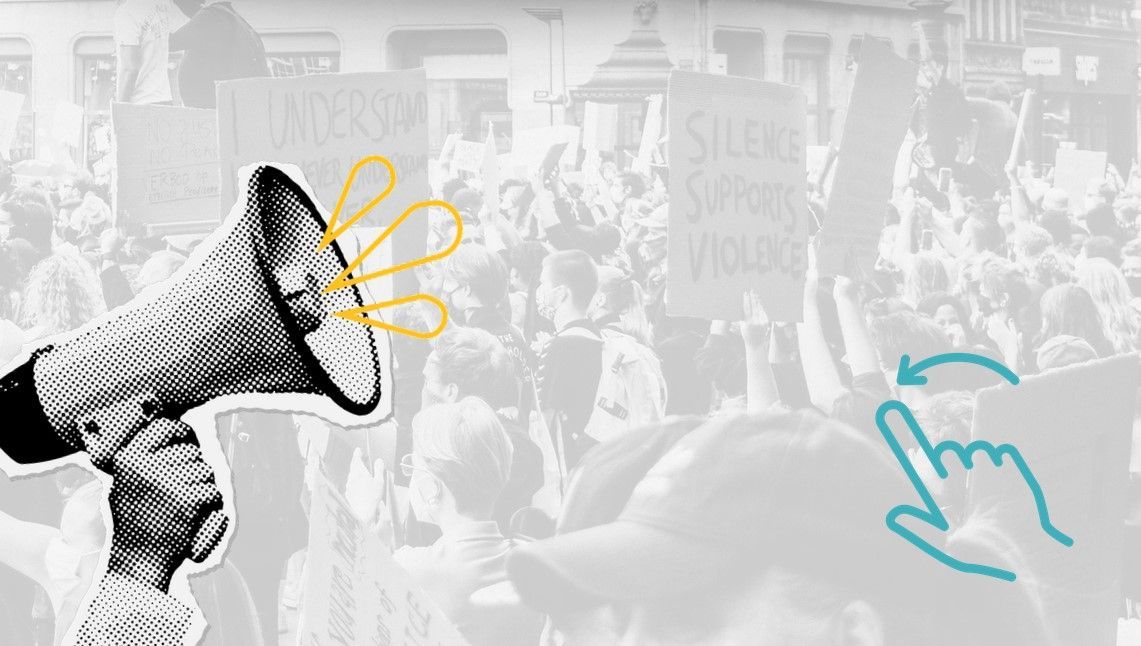By CCB
•
April 7, 2025
European civil society organisations (CSOs) are currently facing an attack coming from certain Members of the European Parliament. Spearheaded by some MEPs from the European People’s Party (EPP) and by far-right groups, this attack resorts to misleading arguments to fabricate a scandal. This portrayal has been amplified through the media, with notable exceptions of articles that attempted to clarify this misleading narrative. European CSOs are crucial to ensure the voices of citizens from different parts of Europe are heard in the EU institutions. Attacks against civil society are unfortunately not new and are exacerbated by this harmful idea. Furthermore, for-profit corporate lobbying is through the roof when compared to non-profit advocacy. In 2024, the 50 corporations with the largest lobbying budgets collectively spent nearly €200 million on lobbying the EU alone (66% more than in 2015). Comparing this to the funding environmental NGOs receive under the LIFE programme - €15.6 million annually of a €700 million yearly budget - truly shows the weakness of this ‘scandal’. This is why over 570 civil society organisations from 40 countries, including all EU Member States, have joined forces to call on those in power to act now and ensure that civil society is adequately funded and enabled to share our crucial perspectives . In this statement, we address: The source of this false narrative; Inaccurate claims made about how CSOs obtain and use funding; Why it’s paramount that CSOs receive sufficient funding; The need for civil dialogue to enable CSOs participation. Democracy is about the right of citizens to be collectively heard for building an inclusive society and a shared European future; properly funded independent CSOs are a crucial tool for that. We call on decision-makers to ensure civil society organisations can thrive and play their role in interacting with policy-makers in order to have a more fully informed decision-making process. Read the full statement here . -END Civil Society Europe (CSE) is the coordination of civil society organisations at EU level. Through its membership, CSE unites EU-level membership-based organisations that reach out to millions of people active in or supported by not-for-profits and civil society organisations across the EU. CSE was created by several civil society organisations as a follow-up to the European Year of Citizens and was established as an international not-for-profit under Belgian law in 2016. Since then, it has become the point of reference for EU institutions on transversal issues concerning civil dialogue and civic space.


